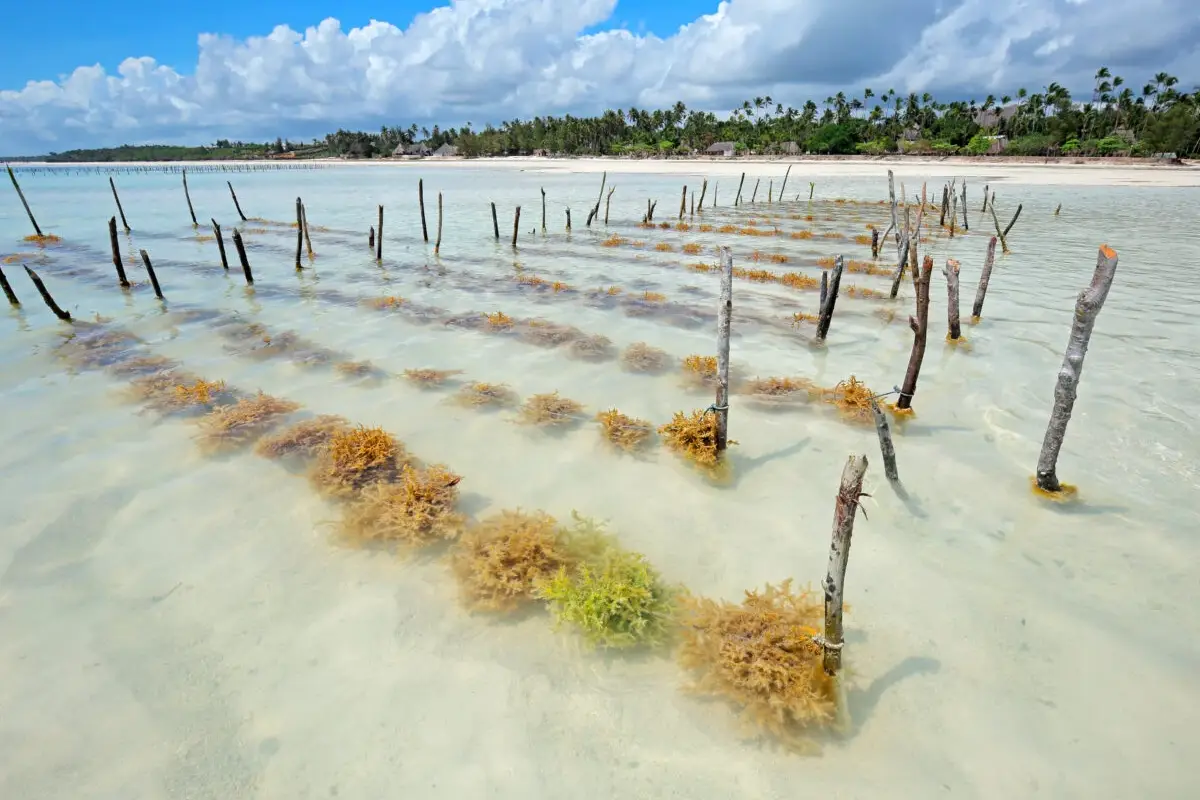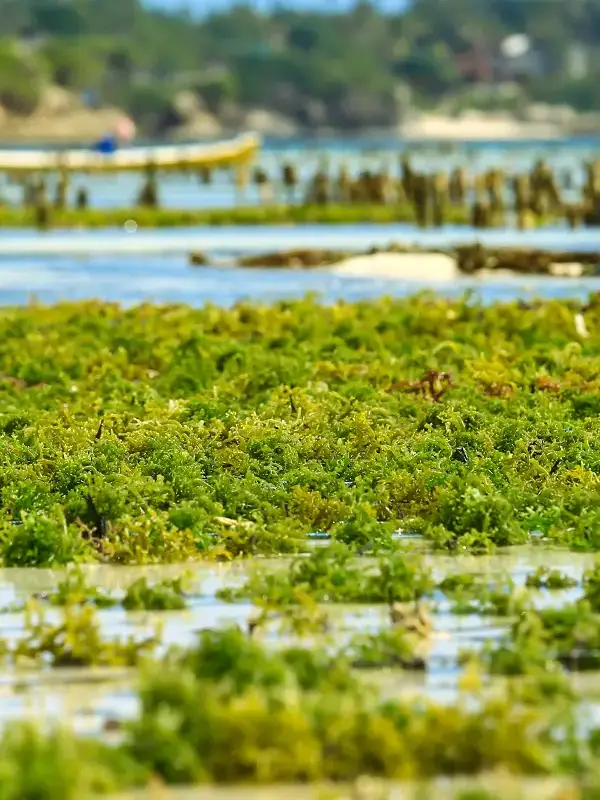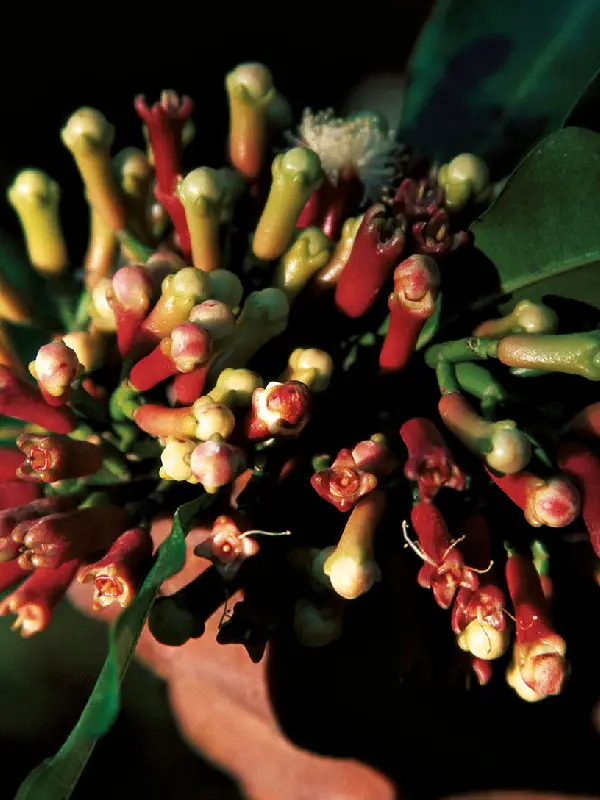
Spices like cloves, cinnamon, nutmeg, and black pepper are key cash crops in Zanzibar. However, the sector faces the following threats:
1. Climate Change
- Unpredictable Rainfall: Changes in rainfall patterns affect flowering and fruiting.
- Droughts and Flooding: Extreme weather events damage crops and reduce yields.
2. Soil Degradation
- Overuse of land and poor farming practices lead to soil nutrient depletion, erosion, and lower productivity.
3. Pests and Diseases
- Increasing pest infestations and plant diseases—exacerbated by warming temperatures—threaten crop health.
4. Market Access & Pricing
- Farmers often face unstable global prices and limited bargaining power.
- Lack of value addition means they earn little from raw spice exports.
5. Aging Trees and Poor Farm Management
- Many clove trees are old and less productive.
- Limited knowledge or access to better agronomic practices hinders productivity.
6. Deforestation
- Expansion of farmland sometimes leads to cutting down forests, disrupting ecosystems and contributing to land degradation.
Threats to Seaweed Farming in Zanzibar
- Seaweed, especially Eucheuma species, is mainly cultivated in shallow coastal waters and exported for use in cosmetics and food. Threats include:
1. Rising Sea Temperatures
- Warmer waters cause seaweed to "melt" or bleach, reducing productivity and quality.
- Certain species (e.g., Eucheuma spinosum) are highly sensitive to temperature stress.
2. Climate Change & Ocean Conditions
- Ocean acidification and sea-level rise disrupt coastal ecosystems.
- Stronger currents and storms physically damage seaweed lines and structures.
3. Pollution & Coastal Development
- Urban runoff, plastic pollution, and tourism development degrade farming areas.
- Increased boat traffic disturbs farming zones.
4. Limited Technical Support
- Farmers lack access to training on improved farming techniques or higher-yield seaweed varieties.
5. Market Volatility
- Prices fluctuate due to international demand, affecting income reliability.
- Most farmers sell unprocessed seaweed, earning less than they would from processed or value-added products.
6. Gender and Labor Issues
- Women, who make up the majority of seaweed farmers, often face low pay, limited recognition, and poor working conditions (e.g., long exposure to sun, waterborne diseases).


Potential Solutions (Summary)
- Climate adaptation: Introducing heat-resistant seaweed strains; agroforestry in spice farming.
- Training and education: For sustainable farming practices and value addition.
- Diversifying markets: Promoting local processing and export diversification.
- Empowerment: Supporting women’s cooperatives and fair trade initiatives.